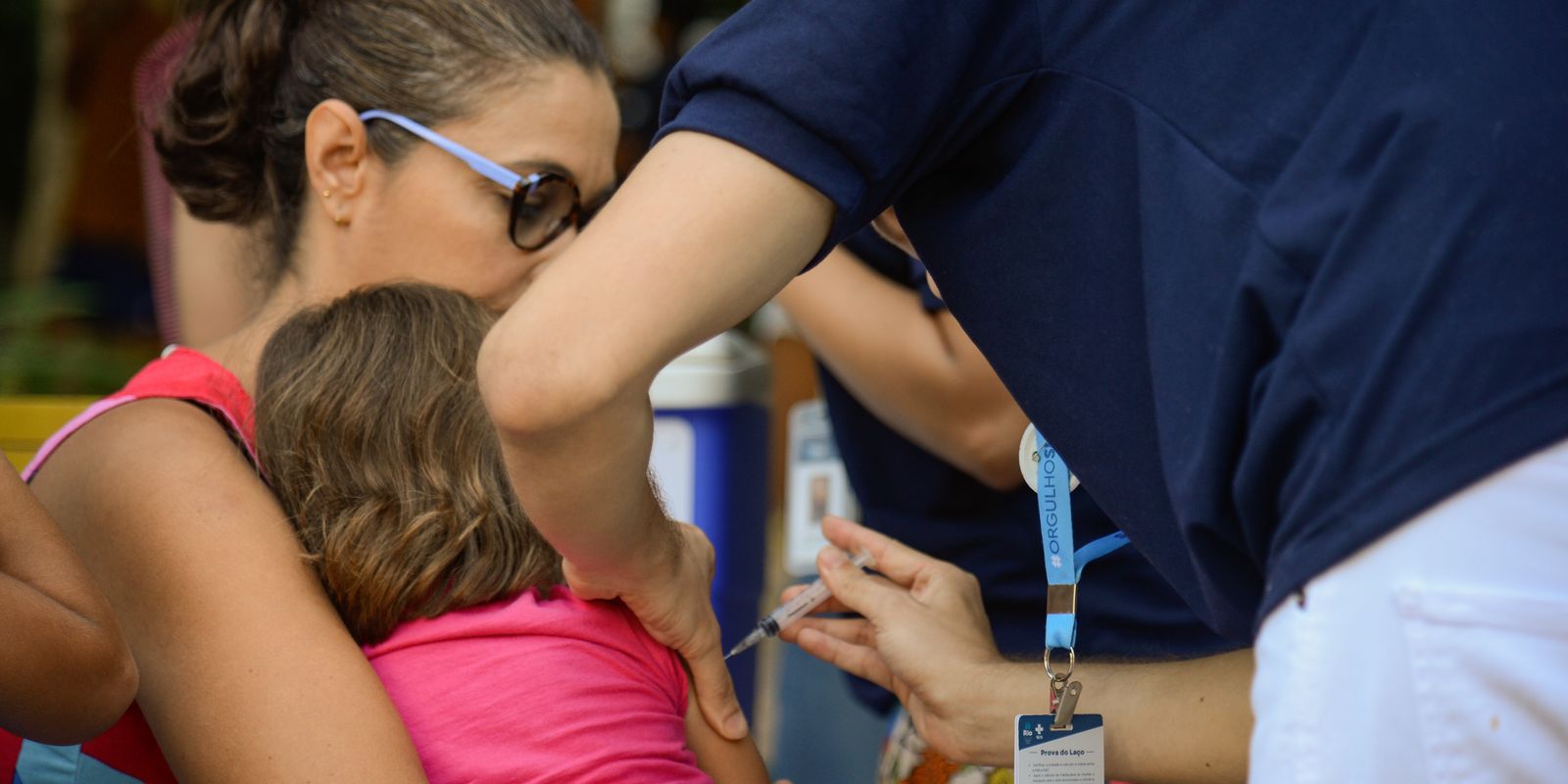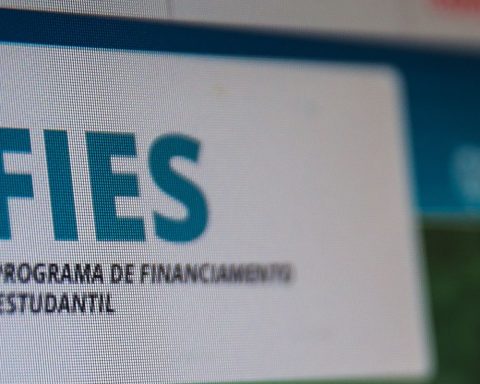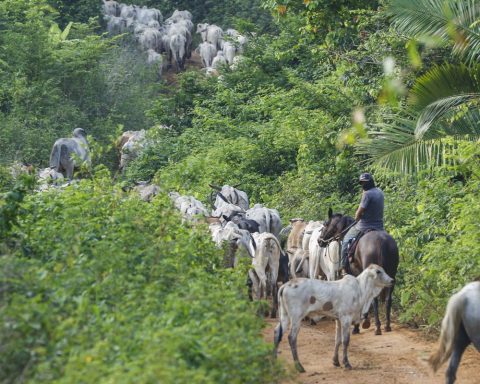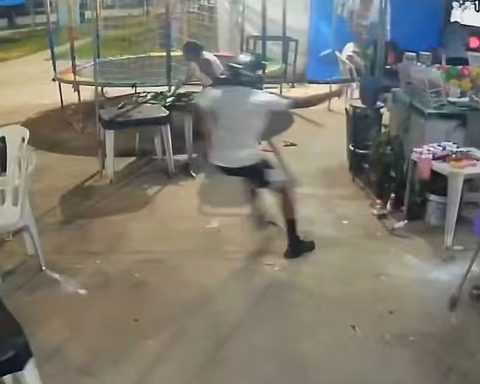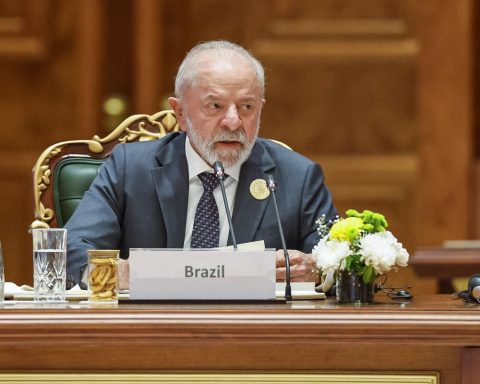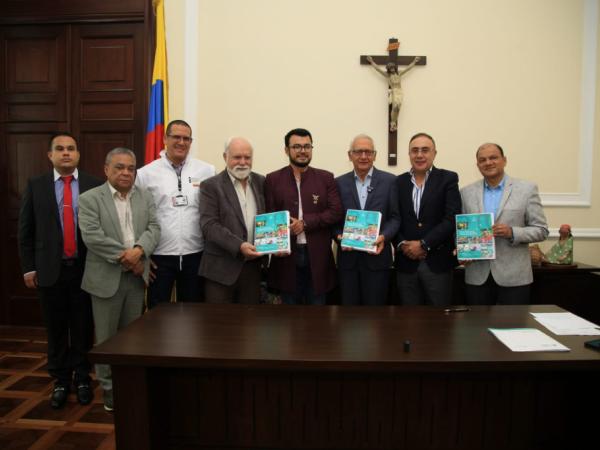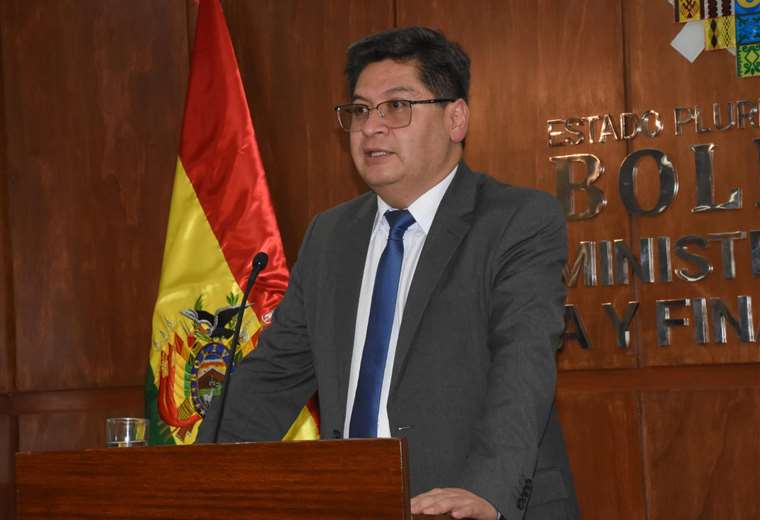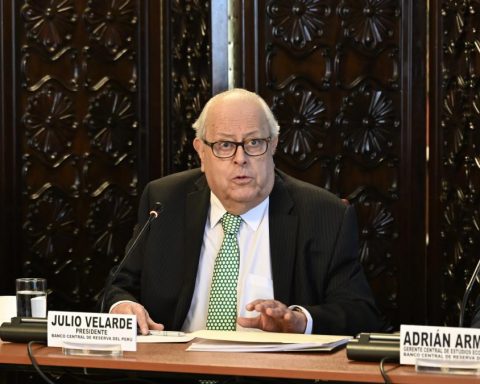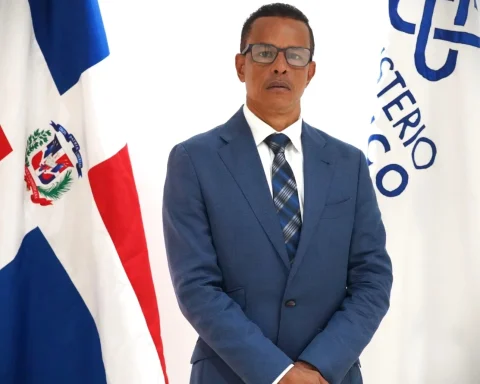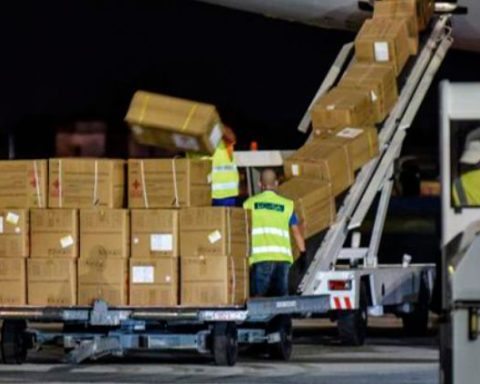More than 1,500 municipalities report a lack of vaccines, according to a survey released this Friday (13) by the National Confederation of Municipalities (CNM). The survey shows that, in these locations, there is a lack of vaccines mainly for children. Among the main ones that are in short supply are vaccines against chickenpox, covid-19 and meningococcal C.
The survey was conducted between September 2 and 11 and included the participation of 2,415 municipalities. Of these, 1,563 – equivalent to 64.7% of those who participated in the survey and around 28% of the total municipalities in Brazil – had been facing a lack of vaccines for at least 30 days.
According to the survey, the varicella vaccine is the one most in short supply. It protects children aged 4 against chickenpox – at this age the booster dose is given. The vaccine is in short supply in 1,210 responding municipalities, with an average shortage of over 90 days.
The lack of COVID-19 vaccines for children affects 770 municipalities that have been without the vaccine for an average of 30 days. The Meningococcal C vaccine, which protects against serious and fatal infections, such as meningitis, has been unavailable in 546 municipalities for an average of about 90 days.
The following were also identified as lacking in the municipalities: Tetraviral, which combats measles, mumps and rubella, in 447 municipalities; Hepatitis A, in 307 municipalities; and DTP, which combats diphtheria, tetanus and whooping cough, in 288 municipalities.
“We know that vaccines are purchased and are the responsibility of the federal government, and the states are responsible for purchasing the needles so that the vaccines can be administered. This is then sent to the municipalities and they administer the vaccines,” emphasizes the president of the CNM, Paulo Ziulkoski.
“That is why we are urging the Ministry of Health to immediately purchase the necessary vaccines and the states to also make their contribution to complete the vaccination campaign throughout Brazil. This is very important because there has been a shortage of vaccines in Brazil over the last 30 days,” he said.
Location
According to the survey, the state with the greatest lack of vaccines is Santa Catarina, 128 city halls reported this problem, which corresponds to 83.7% of the municipalities in the federative unit. Next are Pernambuco, with 58 (80.6%); and Paraná, with 155 (78.7%).
Considering the regions of the country, the Southeast appears in first place with 595 municipalities facing a lack of immunizers, which corresponds to 68.5% of the municipalities in the region; the South, with 395 (65.1%); the Northeast, with 370 (65.1%); the Center-West, 136 (63%); and the North, with 67 (42.9%).
Ministry of Health
In a statement, the Ministry of Health says that it maintains “regular shipments of vaccines to the states, which are responsible for supplying the municipalities”.
The ministry also states that there is no widespread lack of vaccines in Brazil. “The CNM survey raises specific issues for which the Ministry of Health adopts strategies to keep vaccination up to date and protect the population. These actions are carried out in constant dialogue with the National Council of Health Secretaries (Conass) and the National Council of Municipal Health Secretaries (Conasems),” the note says.
According to the ministry, 65.9 million doses of the ten main vaccines cited in the survey were distributed, including the Covid-19 vaccine, with 22.9 million doses applied to date.
Regarding the varicella vaccine, at the end of 2023, according to the ministry, 2.7 million doses were purchased via the Revolving Fund of the Pan American Health Organization of the World Health Organization (PAHO/WHO), with 150,000 expected to be delivered by September. Regular acquisition for 2024 is underway.
For COVID-19, according to the ministry, weekly delivery follows the storage capacity of the state cold chain, since this vaccine requires storage at very low temperatures. The Ministry of Health also says that it is finalizing the bidding process for the purchase of the most up-to-date XBB vaccine.
Regarding the supply of the Meningo C vaccine, in regions where there is a shortage, the ministry’s guidance is to replace it with Meningo ACWY, which has the same efficacy, keeping the population protected.
